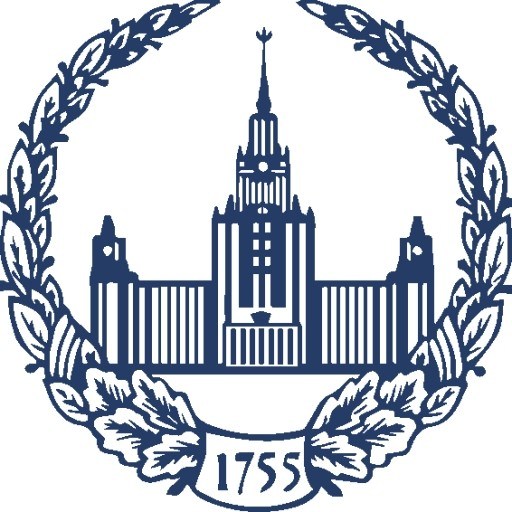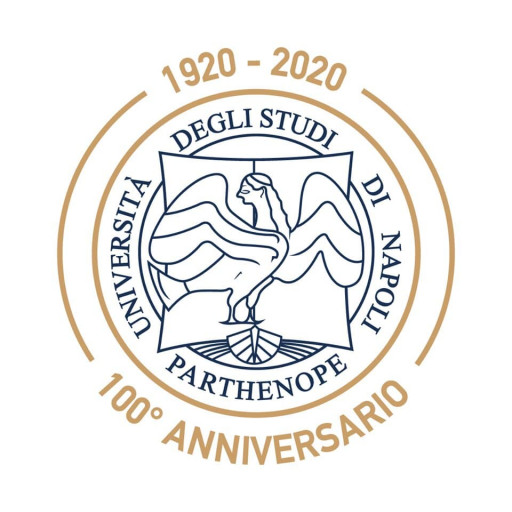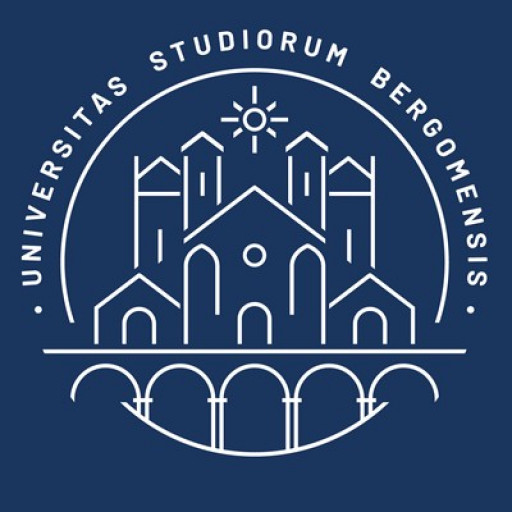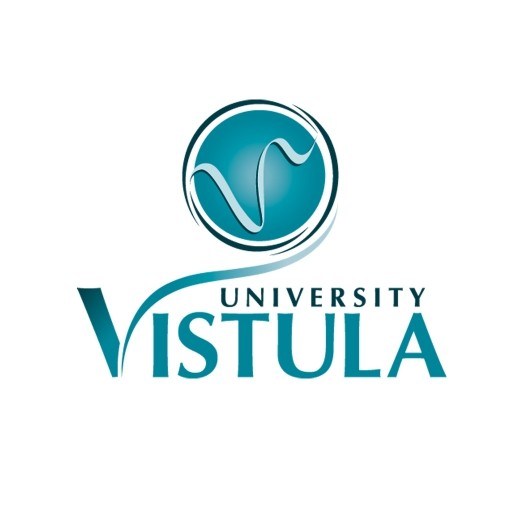The Master's program in International Economics and Economic Policy (MIEEP) is set up to provide participants with the economic background needed to excel in today's global economy. It is designed as a consecutive program with typical enrolment after the completion of a bachelor's degree in either economics or business administration, but students with work experience are also very welcome.
We want to empower our graduates to analyse complex problems in international economics and public policy by using up-to-date economic theories and state-of-the-art econometrics. The master's program is specially designed to combine academic rigour with a focus on topical issues faced by policy-makers and administrators. These program features make us confident of attracting highly promising students with a genuine interest in public policy issues and a strong interest in a career in an international setting.
The Faculty of Economics and Business Administration is accredited by the Association to Advance Collegiate Schools of Business (AACSB). The Faculty is strongly committed to constantly adapting and improving its programs to reflect changing needs and advances in economic research. The AACSB accreditation serves as an additional ongoing quality check.
The Master's program in International Economics and Economic Policy is structured in a modular fashion. It is composed of fundamental courses, specialization courses and the master's thesis. In order to be awarded a Master of Science in International Economics and Economic Policy, students have to accumulate a total of at least 120 credit points. It is recommended to distribute this workload evenly over the four semesters by alloting 30 credit points to each semester.
The master program starts in the winter semester with three fundamental courses, which provide all students the background knowledge in Microeconomics, Macroeconomics and Econometrics. Each fundamental course is alloted six credit points and is taught three hours a week, with roughly a third of the time devoted to in-class discussion of problem sets. In addition to these three fundamental courses (which represent 18 credit points), students are advised to select two additional courses during their first semester.
In their second and third semester, students have a variety of course choices in the fields of International Economics and Public Policy, as well as a choice of supplementary courses and seminars. These can be complemented with elective courses, which do not fall into one of the fields mentioned above.
The fourth semester is strongly research oriented. Students write their master's thesis (24 credit points), which is written over a period of four months, and take a research seminar (6 credit points), which is designed to provide exchange among students, and to get feedback during the students’ thesis writing process.
By the end of this program each student will have to complete:
- the three fundamental courses (equalling a total of 18 CP)
- seven specialization courses (equalling a total of 36 CP), consisting of:
- two courses in International Economics
- two courses in Public Policy
- two supplementary modules
- one seminar
- both components of the research segment (equalling a total of 30 CP)
- thesis seminar
- master's thesis
- additional courses equalling a total of 36 CP that can come from the course lists of International Economics, Public Policy, seminars or electives
The minimum prerequisite for admission is a bachelor's degree. Candidates with a master's degree are obviously also welcome to apply. An undergraduate or graduate specialization in economics or business is preferred, but candidates with strong analytical skills from related fields will also be considered.
Applications have to be submitted online. The application system is now closed. It will open again on April 1st for the winter term 2016/17.
The following items are required for a complete application:
- Completed online application
- Degree certificates/diplomas as well as an official transcript of course grades (with official translations into English or German, if needed). Scanned copies are used for the application process. Originals or certified copies need to be submitted prior to enrollment. If you do not yet have a degree, note that you must have completed it by September 30, 2016. In this case, you need to submit the degree certificate by January 15, 2017.
- Graduate Record Examination (GRE) test; you should send your individual score report directly to us by indicating our program after taking the test. The institution code for the GRE is 3553 (Goethe U MSc International Economics). The GRE score has to be submitted at the time of application. The minimum requirement regarding the GRE test is that you have to be at least in the 50th percentile of the Quantitative Reasoning section of the test. Scoring higher will obviously increase your chances of being admitted to the program.
- Applicants whose native language is not English or who do not hold a university degree from an institution with English as the sole language of instruction are required to submit scores of TOEFL (Test of English as a Foreign Language) or IELTS (International English Language Testing System) tests. We do not accept Cambridge ESOL or other certificates to prove English proficiency. Knowledge of German is not required for admission to or for the completion of the program as it is exclusively taught in English.
The institution code for the TOEFL test is 5349. The minimum TOEFL score is 100 for the iBT or 600 for the PBT. An IELTS score of 7.0 is considered comparable. The test score has to be submitted at the time of application.
- At least one letter of evaluation from an university faculty member who has taught the applicant. Evaluations should be filled in by the respective referee and given to the applicant in a sealed and signed envelope. This envelope should be part of the documents that you are required to send to uni-assist after you completed the online application.
- A brief letter of motivation (in English and not more than 750 words).
- Applicants with a bachelor's degree from China, Vietnam or Mongoliahave to provide an APS certificate at the time of their application.
Want to improve your English level for admission?
Prepare for the program requirements with English Online by the British Council.
- ✔️ Flexible study schedule
- ✔️ Experienced teachers
- ✔️ Certificate upon completion
📘 Recommended for students with an IELTS level of 6.0 or below.
There are no tuition fees for students of the MIEEP program. However, students are obliged to pay an administrative fee for registration with Goethe University's student services, which at present amounts to approximately 350 euros per Semester. This fee entitles students to services such as the unlimited use of public transportation in Frankfurt and the whole Federal State of Hessen.
Currently, there are no scholarships provided by the program or university itself. There are, however, several scholarship-awarding organizations. The most extensive scholarship program is that offered by DAAD (German Academic Exchange Service). Advanced students may apply for DAAD scholarships depending on their country of origin and subject. In some cases only graduates may apply. Other scholarship-awarding institutions have varying conditions, regarding for example, country of origin, subject, previous study achievements, or duration of support. A very quick and efficient way of finding out about the appropriate scholarship is through the scholarship database of DAAD. For more information, see http://www.daad.de/.
Concept and Vision
The Master's program in International Economics and Economic Policy (MIEEP) is set up to provide participants with the economic background needed to excel in today's global economy. It is designed as a consecutive program with typical enrolment after the completion of a bachelor's degree in either economics or business administration, but students with work experience are also very welcome.
We want to empower our graduates to analyse complex problems in international economics and public policy by using up-to-date economic theories and state-of-the-art econometrics. The master's program is specially designed to combine academic rigour with a focus on topical issues faced by policy-makers and administrators. These program features make us confident of attracting highly promising students with a genuine interest in public policy issues and a strong interest in a career in an international setting.
The Faculty of Economics and Business Administration is accredited by the Association to Advance Collegiate Schools of Business (AACSB). The Faculty is strongly committed to constantly adapting and improving its programs to reflect changing needs and advances in economic research. The AACSB accreditation serves as an additional ongoing quality check.











